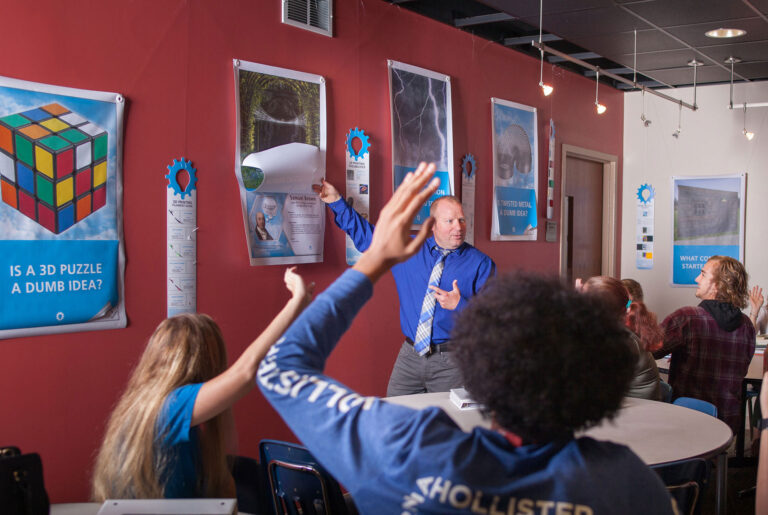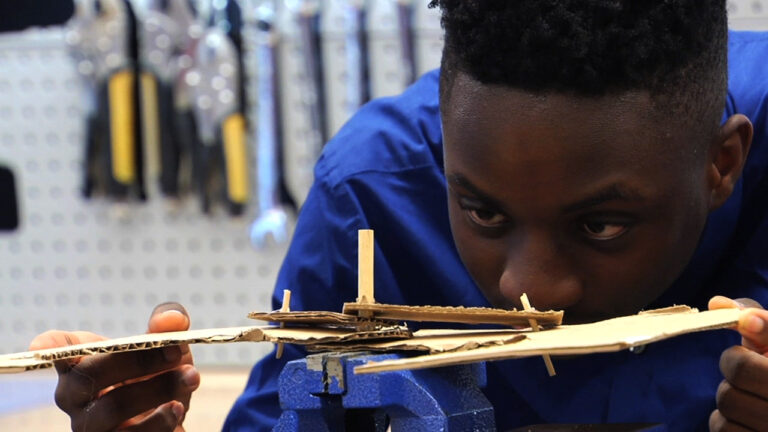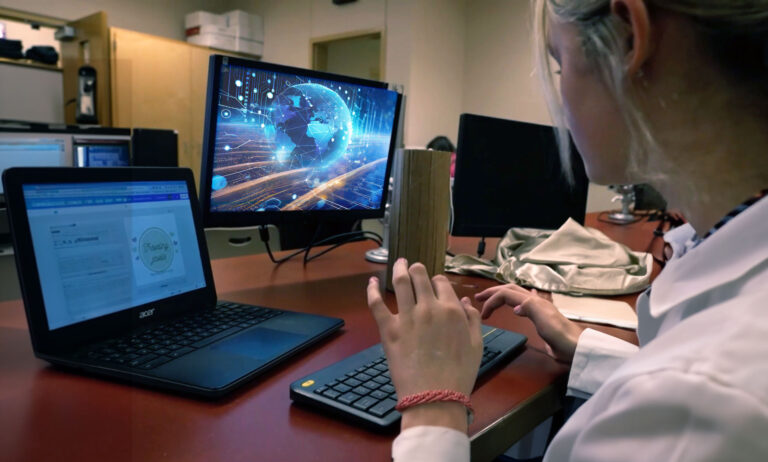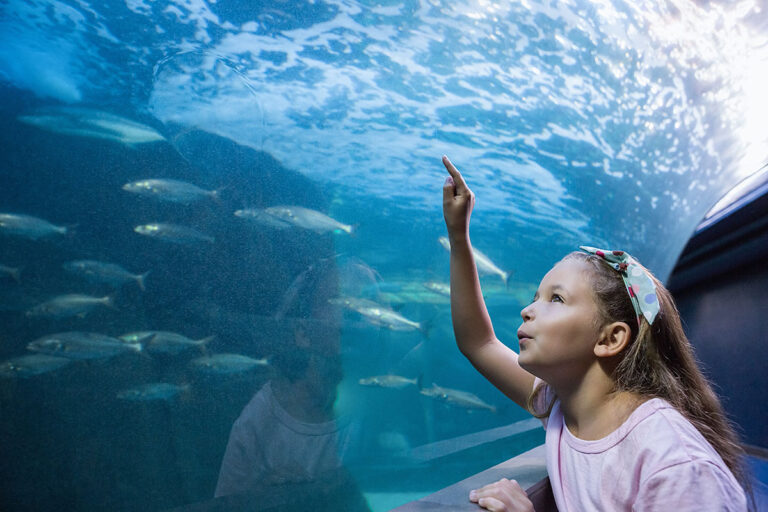The Crucial Role of K12 Innovation Education in an Era of Peril
Innovation, the driving force behind progress and prosperity, stands at a critical juncture. The 2024 Edelman Trust Report underscores a troubling reality: innovation is in peril. Amidst growing skepticism and declining trust in institutions, fostering an environment conducive to innovation becomes increasingly challenging. However, hope emerges on the horizon through the transformative power of K12 education, particularly with curricula like Inventionland Education’s applied STEM innovation curriculum.
The Edelman Trust Report reveals a disheartening trend: trust in traditional sources of innovation, such as government and corporations, is waning. This erosion of trust poses a formidable barrier to innovation as collaboration and investment falter in an atmosphere of doubt and uncertainty. Moreover, challenges, from climate change to economic inequality, demand innovative solutions now more than ever. With a commitment to teaching innovation among our youngest learners, we can prepare to confront the pressing issues of our time.

K12 innovation education provides hope. At its core, K12 education can be the incubator of future innovators, providing the knowledge, skills, and mindset necessary to tackle complex problems.
Inventionland Education’s applied STEM innovation curriculum provides a crucial pathway to learning innovation while nurturing creativity, critical thinking, and collaboration, the soft skills necessary to make innovation succeed in the real world.

![]() Central to Inventionland Education’s innovation curriculum is its emphasis on applied learning. By integrating STEM concepts with real-world applications, students are not merely passive recipients of information but active participants in the innovation process. Through hands-on projects and experiential learning, students cultivate a deep understanding of how knowledge translates into tangible solutions, empowering them to become innovators in their own right.
Central to Inventionland Education’s innovation curriculum is its emphasis on applied learning. By integrating STEM concepts with real-world applications, students are not merely passive recipients of information but active participants in the innovation process. Through hands-on projects and experiential learning, students cultivate a deep understanding of how knowledge translates into tangible solutions, empowering them to become innovators in their own right.
Moreover, thefosters interdisciplinary thinking, recognizing that groundbreaking innovations often arise when students are allowed to look at things from their unique perspective, undaunted by the thoughts that this may never work. By breaking down silos and encouraging cross-disciplinary collaboration, students gain a broader perspective to tackle challenges in ways that others may never have thought of before.

Equally important is the cultivation of an entrepreneurial mindset. Inventionland Education’s curriculum instills in students the resilience, adaptability, and risk-taking propensity essential for navigating the uncertain terrain of innovation. By embracing failure as an inherent part of the learning process, students develop the resilience to persevere in the face of setbacks, essential qualities for any aspiring innovator.

![]() We believe that K12 education can catalyze innovation, ensuring that opportunities for creativity and discovery are accessible to all. Inventionland Education’s curriculum, focusing on inclusivity and diversity, seeks to actively empower students from all backgrounds to engage in the innovation process. By fostering a culture of inclusivity, K12 education can broaden the pool of talent and ensure that a diverse range of perspectives informs the innovation landscape.
We believe that K12 education can catalyze innovation, ensuring that opportunities for creativity and discovery are accessible to all. Inventionland Education’s curriculum, focusing on inclusivity and diversity, seeks to actively empower students from all backgrounds to engage in the innovation process. By fostering a culture of inclusivity, K12 education can broaden the pool of talent and ensure that a diverse range of perspectives informs the innovation landscape.

While the 2024 Edelman Trust Report paints a somewhat bleak picture of the current state of innovation, the transformative potential of K12 education offers a glimmer of hope. Through curricula like Inventionland Education’s applied STEM innovation course, we can nurture the next generation of innovators equipped with the skills, mindset, and commitment to drive progress and tackle the challenges of tomorrow. By investing in innovation in K12 education, we can assure the future of innovation for generations to come.
